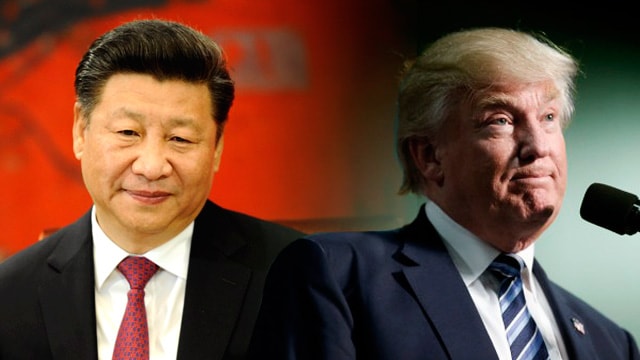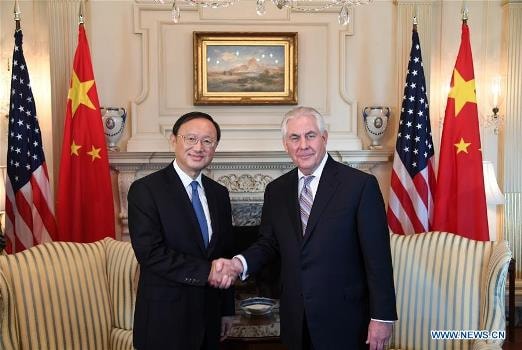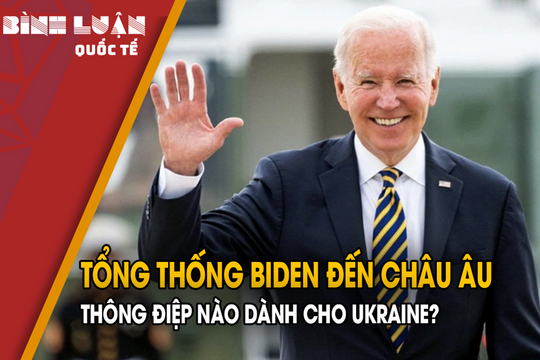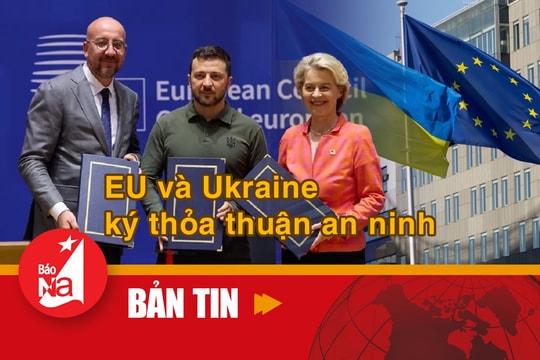China implicitly abandons 'new model of major power relations' with the US
Once a staple of Chinese media, the concept of a "new model of major power relations" may now be quietly abandoned by its proponent, China.
The foreignpolicy.com, in recent years, at least since Xi Jinping became the new leader of China after the 18th National Congress of the Communist Party of China in 2012, officials and media of this country have been passionately repeating the concept of a "new model of major power relations" between China and the US.
While China was enthusiastic about the term, the administration of former US President Barack Obama tried to avoid mentioning it. The concept's connotation has never been explained in detail by China, beyond a general understanding of parity, equality and shared responsibility between the US and China.
After years of repeated mention by senior Chinese officials, the concept appears to be starting to fade into obscurity.
This is a reality that was unthinkable just a few years ago. Beijing’s pledges of a “new model” in its relations with a superpower like the United States have become an indispensable topic for Chinese media.
Chinese President Xi Jinping (left) and US President Donald Trump. Photo: AFP |
During the period surrounding Chinese President Xi Jinping's visit to the US in September 2015 – the last time Xi set foot on US soil – the phrase “new model of major power relations” flooded all Chinese media and analytical forums.
China's then-and-current ambassador to the US, Cui Tiankai, mentioned the concept a total of 12 times in just one People's Daily editorial published before the visit.
But since then, the phrase “new model” has gradually disappeared from the documents and statements of Chinese leaders and media. According to data analysis results from Chinese search engine Qihoo, this concept has appeared less and less since the US presidential election with the unexpected victory of Mr. Donald Trump.
According to Chinese press and media documents studied, when Xi Jinping spoke to US President Donald Trump in a late and closely scrutinized phone call on February 10, the phrase did not appear at all. The phrase was also absent during the courtesy call between Chinese State Councilor Yang Jiechi and the US President on February 27 in Washington.
The disappearance of this concept has been gradual but obvious enough that at a press conference last February, a reporter asked Chinese Foreign Ministry spokesman Lu Kang whether Beijing had “given up on building a new model of major power relations after Mr. Trump took office.”
In his response, Mr. Lu Kang affirmed that there is no change in China's policy on relations with the US. The Chinese Foreign Ministry has also made almost no direct criticism of the new owner of the White House.
Chinese State Councilor Yang Jiechi (left) and US Secretary of State Rex Tillerson meet in Washington on February 28, 2017. Photo: THX |
It is indeed quite ironic that a term that has recently sounded so catchy as the phrase “new model of great power relations” is quietly being “sunk”, if we know that during his election campaign, Mr. Trump also called for a new approach to the US-China relationship.
No one knows exactly what Trump’s “new approach” means, except that he criticizes almost every aspect of Obama’s policy toward China. An analysis in the Chinese Global Times on February 9 emphasized that Trump’s “America First” campaign slogan is “completely understandable,” since Beijing itself has its own “China First” policy.
The article also compares Mr. Trump’s call to “make America great again” with Mr. Xi Jinping’s often-quoted promise of “the great rejuvenation of the Chinese nation,” concluding that a “new model of major-country relations” allows both leaders’ slogans to come true.
Despite Donald Trump’s seemingly rocky start to his presidency, US-China relations are gradually stabilizing. After harsh criticism of China during the election campaign, and then while awaiting his inauguration, Trump promised to review the “One China” policy, which Beijing considered “sacrosanct,” the new US president turned out to recognize this policy only in the first weeks after becoming the official owner of the White House.
The author of the book “Death by China” Peter Navarro has taken a senior position in the White House, but the influence of this economics professor with a critical view of China is likely not comparable to that of senior advisor Jared Kushner, whose family company has very close business ties with Beijing, especially the Chinese insurance group Anbang.
The new US Secretary of Commerce, billionaire Wilbur Ross, is also someone who often expresses his admiration for the country and culture of China. Looking at the current White House team of President Donald Trump, one gets the feeling that the US is looking for a business partnership rather than getting into a trade war with China.
However, no matter how far the US-China relationship progresses under Donald Trump, it seems that both sides will have to find a new term to define it.
According to VNA/Tin Tuc
| RELATED NEWS |
|---|



.png)






